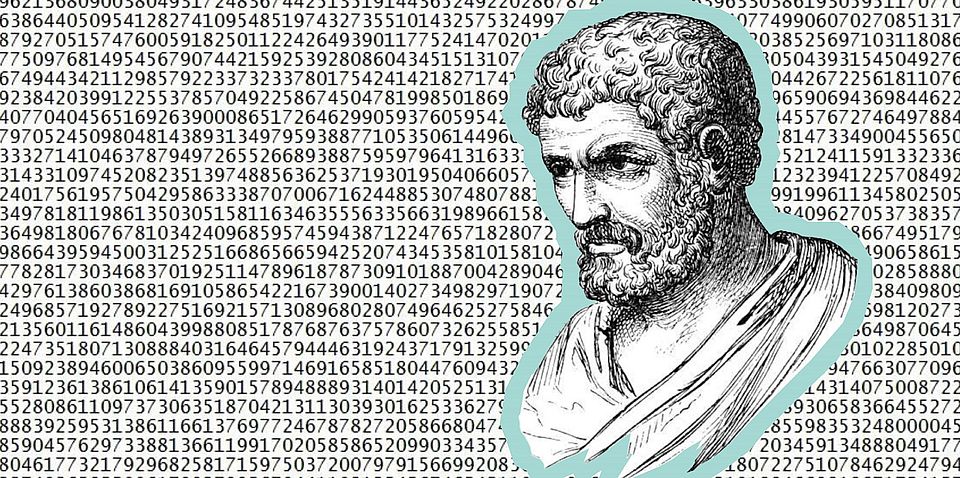/ Jana Völker
6/28 - Perfect Number Day

A fun fact for some, a reason to celebrate for others - June 28th is considered the (mathematically) most perfect day there is.
Why June 28th?
Natural numbers whose divisors add up to themselves are considered perfect numbers. Both 6 (1+2+3) and 28 (1+2+4+7+14) are perfect numbers. Combined, they refer to June 28th. However, since perfect numbers are extremely rare, it is hardly worth waiting for a perfect year (the next would be the year 8128).
A long history
Some perfect numbers were discovered as early as ancient Greece. In the 3rd century BC, Euclid identified some of their most important properties in his work "Elements". Thanks to Euclid's calculations, we know that with every newly discovered Mersenne prime, a new perfect number is also discovered. About 2000 years later, Leonhard Euler was able to prove that this was not just one but the only method for finding even perfect numbers.
Open questions
Even though their history goes back a long way, perfect numbers still raise some questions. For example, we know that all known perfect numbers are even numbers. But can we conclude that there are no odd perfect numbers at all? Is there perhaps an infinite amount of perfect numbers? And if there were no odd perfect numbers, is there at least an infinite amount of even perfect numbers?
